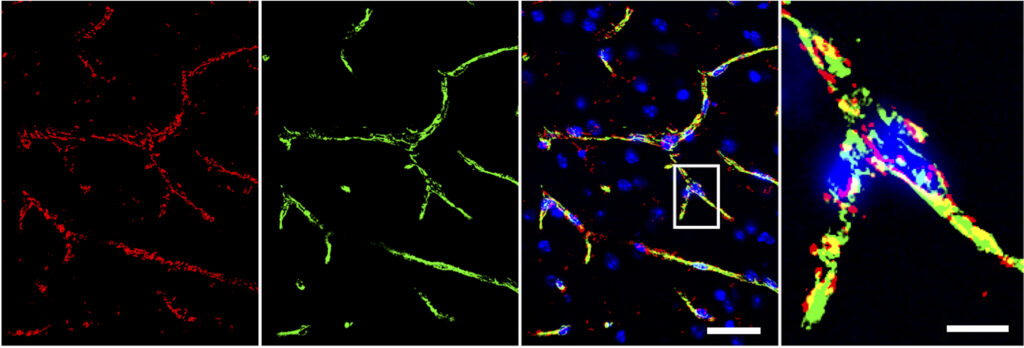How do low doses of radiation affect the brain?
In medicine, ionizing radiation is used both diagnostically and therapeutically – that is, to both detect and treat diseases, such as cancer, in the brain. Calina Betlazar collaborated with ANSTO Human Health and Biosciences to understand the effects of both high and low doses of radiation on specific proteins within the brain.
The mitochondrial translocator protein (TSPO) is a commonly studied inflammatory marker in the brain. Particularly in mice, this protein is found in higher concentrations in certain parts of the brain and is mostly found in cells that require high amounts of energy to function. Calina studied the levels of TSPO in mice before and after radiation exposure.

The results found that after low doses of radiation, the mice had lower levels of TSPO expressed in the brain. Calina’s work suggests that low doses of ionizing radiation may alter inflammation processes in the brain, and this information will inform future work on neurological responses to low dose ionizing radiation.
To read more about the technical details of Calina’s research, please see page 24 of the 2019 AINSE Annual Report.
Next Student Research Spotlight: Rebecca Auchettl (Unveiling the complex chemistry of Titan’s atmosphere)
Previous Student Research Spotlight: James Hooper (Going back in time to understand the South American climate)
